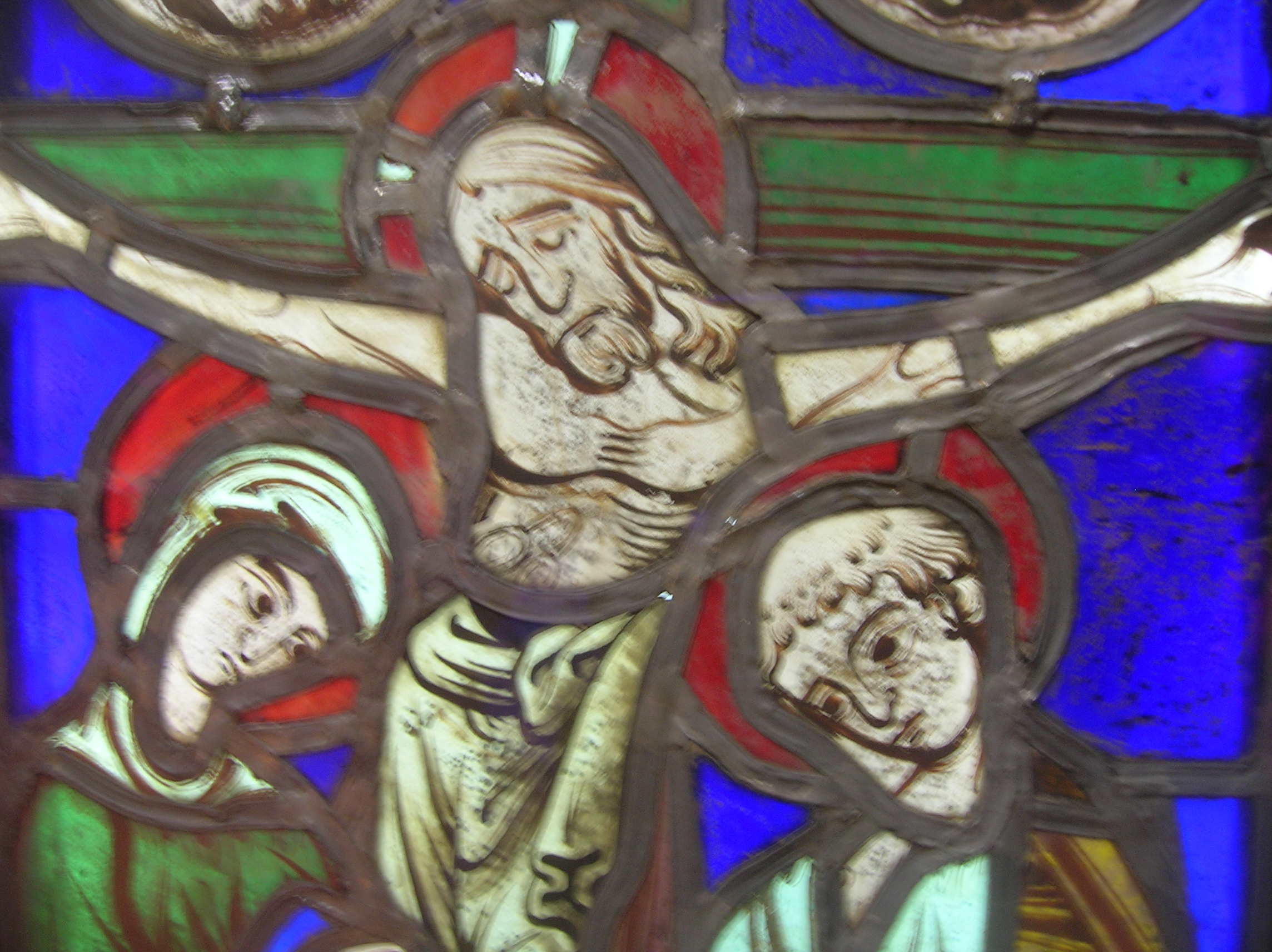One of the ways to look at the genesis of the Global Methodist Church is as embodying a desired “return to accountability.” Some hear this and think, “Now we will have bishops and leaders who are accountable and not just doing their own thing.” It is true that the GMC is based on a different practice of accountability. What might be easy to miss is that the change is for the whole church, not just for leaders.
At the beginning of the Methodist movement, accountability was at the very center. This accountability was not a legalistic “Keep the rules or you’re out,” but a mutual accountability of disciple to disciple as they sought to follow Jesus together and to live as his people. The seriousness that drove the accountability was not a detailed rule book (as some might conceive a document called a “Book of Discipline,” but an apprehension of the love of God in Christ wherein we know ourselves to have been sought out by the Father and “transferred from the dominion of darkness into the Kingdom of the Son He loves.” We take our commitment and mutual accountability seriously because Jesus gave himself for us and has called us to a ministry that matters.
There are two things that have hindered this kind of accountability. First, there’s our low estimate of what’s possible. If we are pessimistic about the power of God that’s available to us, it will be only natural for us to think that transformation into the image of Jesus and real empowerment by the Holy Spirit just aren’t possible. We can get our sins forgiven and can probably also be nice people most of the time. But the idea that what Jesus said (things like “You shall receive power when the Holy Spirit comes upon you,” or, “Whoever believes in me will do what I have been doing”) could be true of us, well, that’s a stretch. For generations we’ve settled for being busy at church, or if that’s too much, having semi-regular devotional thoughts.
The second thing that’s worked against our taking up traditional Methodist accountability has been a conviction that there are two kinds of people: Professional Christians and Regular Christians. We’ve wrongly imagined Jesus’ claims (like Acts 1:8 & John 14:12) are true only for the Professionals. Those who are mere Regular Christians should sit back and offer “support” to the Professionals.
Jesus’ Great Commission says, “All authority in heaven and earth has been given to me. Therefore, go and make disciples of all nations, baptizing them in the name of the Father, Son, and Holy Spirit, teaching them TO OBEY everything I have commanded you.” Did you catch that – “Teaching them TO OBEY everything I have commanded you?” For too long we’ve imagined this command – and the form of Matthew 28:19-20 is a COMMAND – to be only for the Twelve, the Apostles, and Professionals like them. When we read it that way, we are MISreading it. If the recipients of this command OBEY it, they will be teaching disciples (not the Elite, but all disciples) “to obey everything” Jesus commanded – including this very command. Our accountability on all levels is to Jesus and this mission He’s given us.
Jesus sent the first disciples – just as he sends us – into a world where people desperately need the abundant life he brought through his life, death, and resurrection. In this new year Jesus is calling his people to seek a fresh filling of the Spirit so we can take up the calling he’s given us. We’re accountable to Jesus and to each other because this mission matters. When we live out our life together through our prayers, presence, gifts, service, and witness, God will make an eternal difference in the lives of people.
